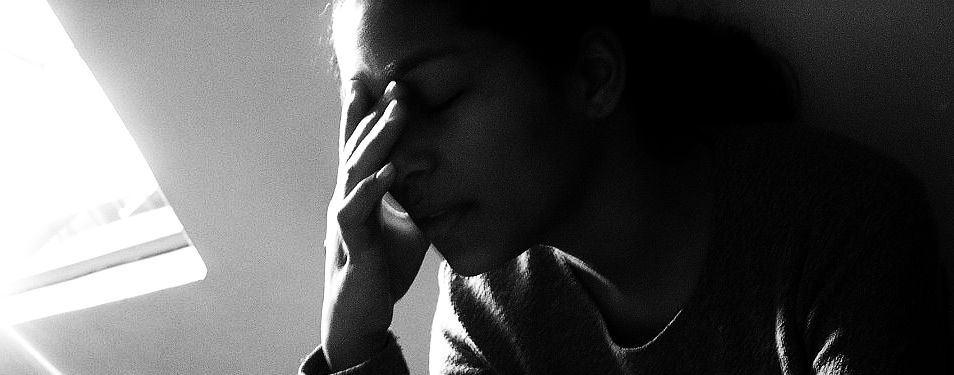Why do we, when sinned against tend to focus more upon the effects of the sin (“felt” by us) rather than the actual sin against God’s law?
Why do we tend to make life, especially when suffering (circumstantial, relational, health, etc.), about us?
Concerns with the language of hurt (focusing on the effects of suffering sin, rather than the sin):
- Tends to remove God from His throne. No longer is God the center of attention, I am. No longer is the sinner confronted by a holy God demanding and deserving of their worship, but by me and my demands—yes, it can even become a tactic to divert worship from God to self.
- The fact that I am hurt is a warning signal, from God, that perhaps I want something too much. Have you ever wondered why some people face the same offense and respond so differently? In other words, why am I so upset? Am I being poked in my darling desire? To focus on how you hurt me is to miss the question I must ask of myself, namely, what is it about me that takes the offense so offensively?
- Tends to be a trump card to win and/or control the conflict. The one with the most hurt wins. The ultimate trump card, of course, is the word “abuse.” If abuse means everything, it means nothing. Consider saving the word “abuse” for physical molestation. Otherwise it can become a word used to manipulate others to your side.
- Tends to foster a “victim mentality.” Focusing on your pain tends to enslave you to that pain. Indeed, you can become a voluntary slave of being hurt. Once there, you will make everybody in your life bow down to your pain or face rejection. Your thoughts will quickly and often run to your hurt and you will eventually “need” to be hurt to be satisfied.
- Tends to justify sinful responses. If I am greatly hurt, than I am justified in hurting back, avoiding the offender, not forgiving, etc. (contra 2 Cor 2:4) We tend to believe that if we are offended enough the commands in the Bible no longer apply to us. We begin to think we are absolved of certain responsibilities and afforded certain rights.
- Tends to insulate the offended from seeing what the offender truly needs. The offender needs, first and foremost, to repent before God. It is a fearful thing to fall into the hands of the living God—it should not be so with us. The offender is in far worse trouble before God, but as long as we focus on how they hurt us we fail to see that the offender actually needs our help, help to restore a right relationship with God.
“Bad things tend to happen when you give offenses time to marinate in your hearts. As it grows, your hurt and anger grow as well…You begin to rehearse the things you would like to say to the other person in defense of yourself and to help them understand what a heinous crime they have committed against you. As your spouse responds defensively to you, you are hurt at his unwillingness to face what he has done. Both of you now feel justified in your anger, and each is waiting for the other to give in first” (Paul Tripp, What Did You Expect?, 158-59).
Instead of trying to win this game of being the most hurt, your soul would be far more joyful if you asked yourself what inordinate desires are being reveled through the pain. Indeed, when hurt by your spouse turn to them immediately and say, “I am upset. That must mean I am wanting to get from you far more than I am wanting to give to you.” Then humbly ask, “Will you forgive me for my selfishness.” If you see your response as a greater problem than the offense, you will begin to cry out to God differently–you will cry to Him to be your Redeemer.
“Whenever you view the sin of another against you as a greater problem than your own sin, you will tend to seek Christ as your therapist more than you seek him as your Savior. Christianity becomes more a pursuit of healing than a pursuit of godliness. The gospel is reduced to the healing of emotional needs . . . [and then] my Christianity is no longer motivated by a humble admission of my daily need for Christ and a humble pursuit of his grace” (Lane & Tripp, How People Change, 10, 11).
God loves to answer the prayer of redemption. He will not be merely a therapeutic healer.
7O Israel, hope in the LORD! For with the LORD there is steadfast love, and with him is plentiful redemption. 8And he will redeem Israel from all his iniquities. – Psalm 130:7-8

